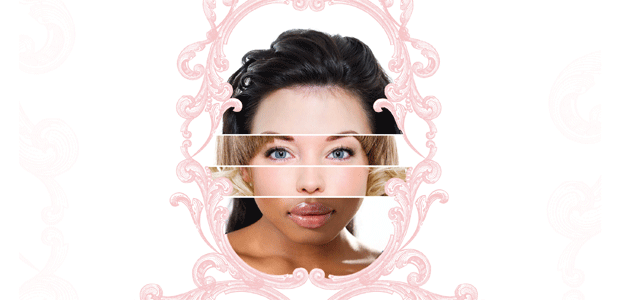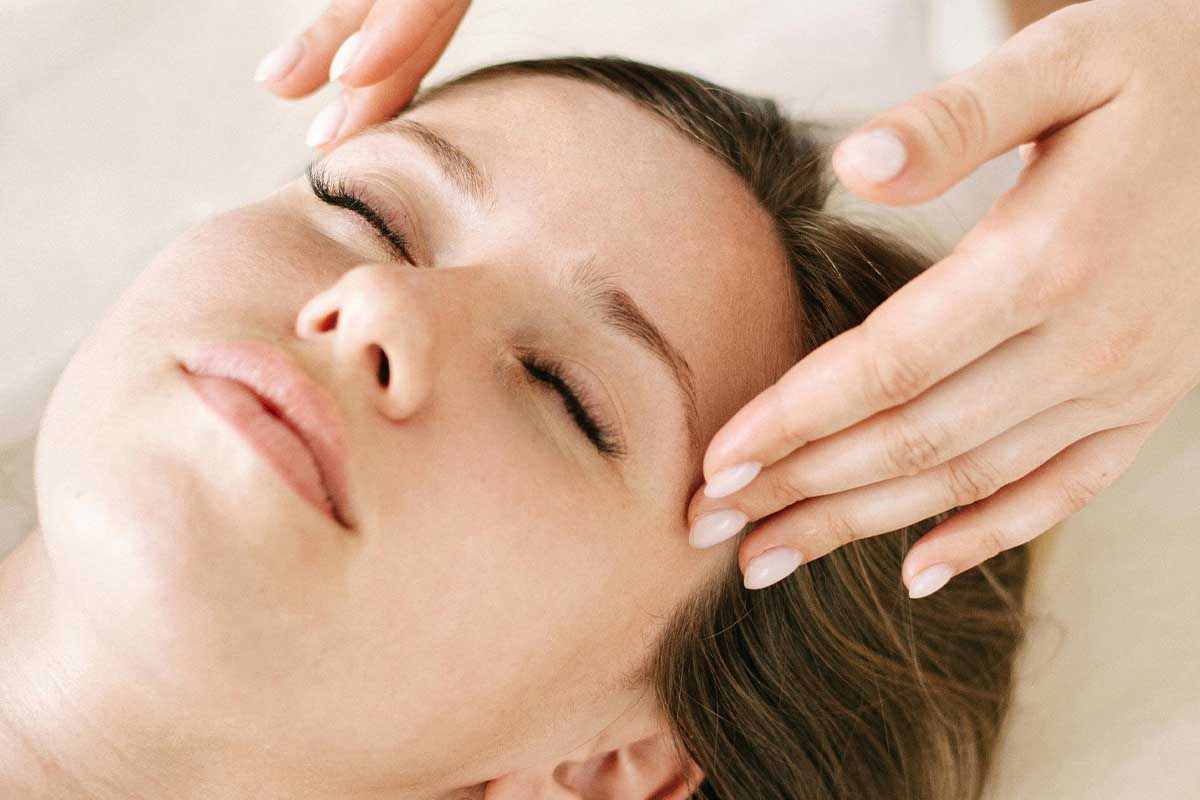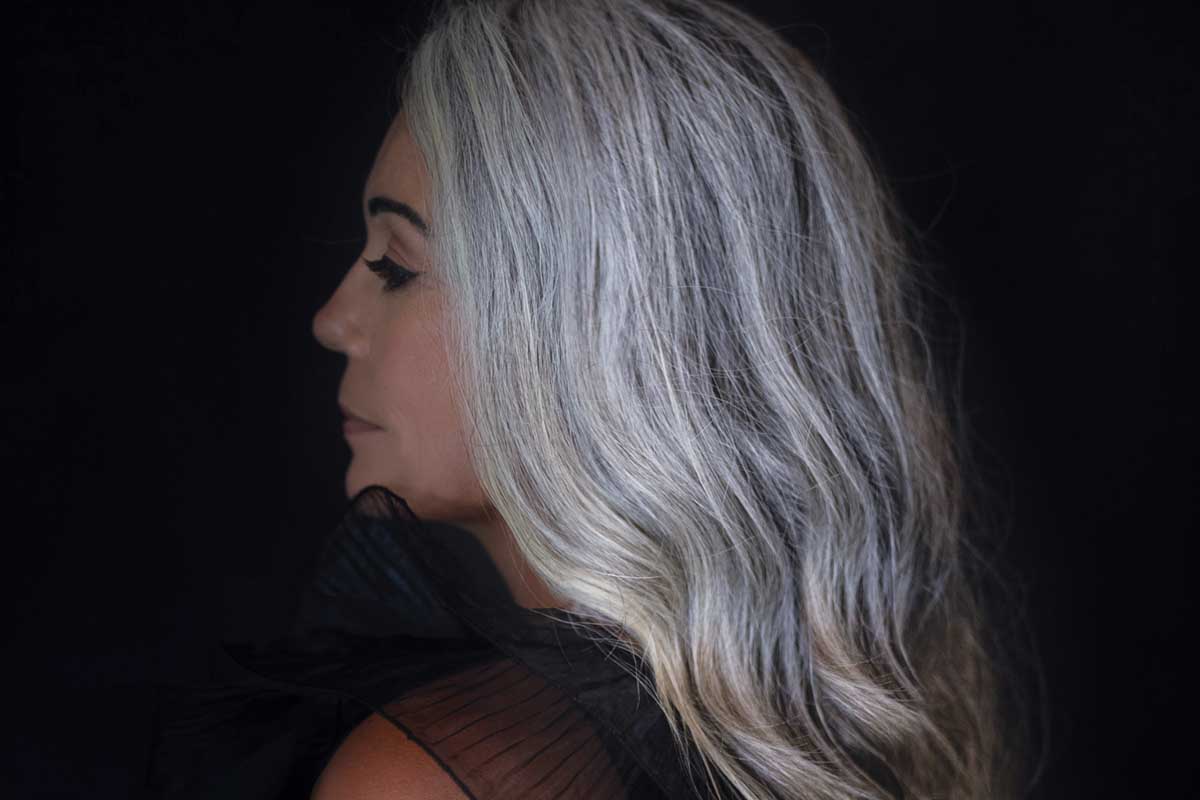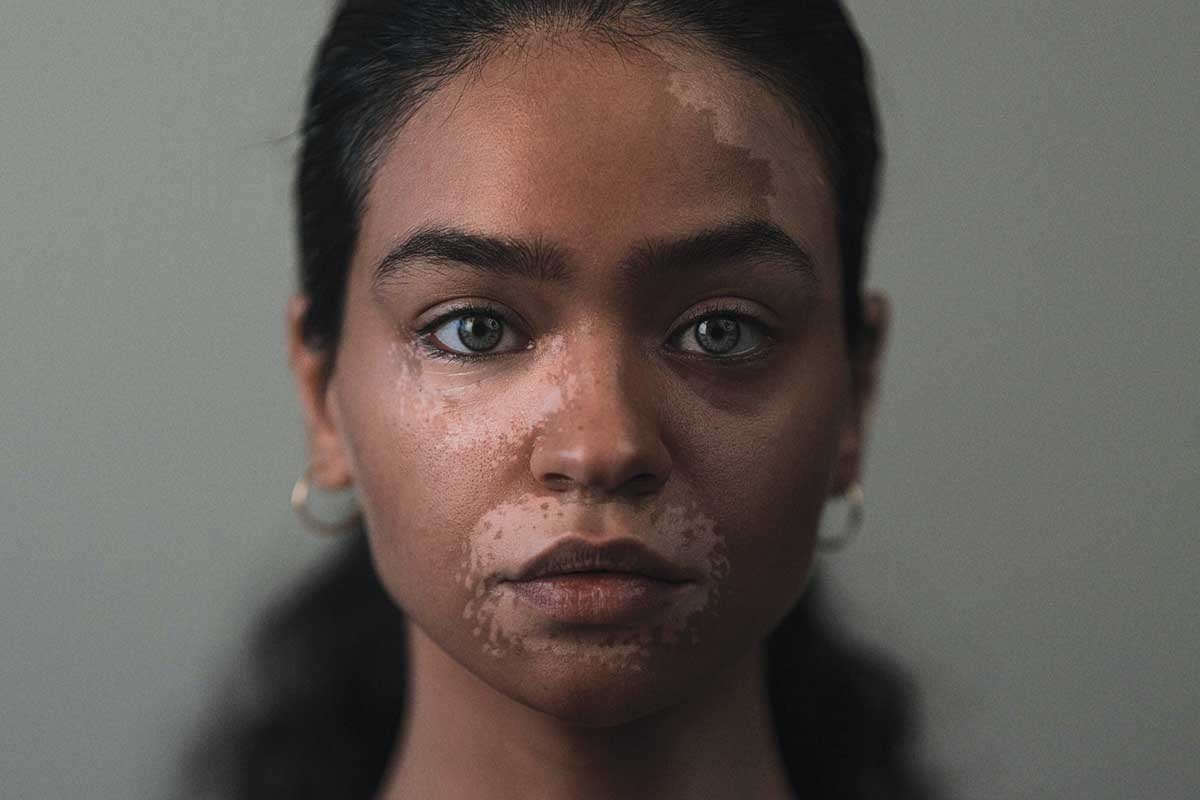Advertisement
Beauty Facts and Myths
10 things you didn't know

If you don’t have flawless skin or an hourglass figure, don’t worry. Your appeal goes far beyond your looks. The science behind the “beauty is in the eye of the beholder” cliché may surprise you!
“Attractive people are paid more, judged more intelligent, and will receive more attention in most facets of life,” says psychology professor Ingrid Olson of the University of Pennsylvania. “Research has demonstrated time and again that there are tremendous social and economic benefits to being attractive.”
Luckily, it’s not just pouty lips and long lashes that make you beautiful. These 10 research-proven facts about beauty include several natural ways to increase your “AQ” (attractiveness quotient).
1. Beauty boosts income—but so do brains
Attractive people are assumed to be smarter and more capable than average-looking people; research shows that attractive job applicants are hired more often and offered better employee packages than unattractive applicants. However, evidence also reveals that education and intelligence still had greater payoffs than attractiveness when it came to their effect on people’s overall income level.
2. Personality makes you pretty
Your personality shines through to those close to you. According to studies published in the journal Evolution and Human Behavior, people who are considered by friends or acquaintances to be co-operative, brave, dependable, or hard-working are perceived as more attractive. People known to be rude or offensive are seen as less physically appealing. Personality traits are as important in determining beauty as smooth skin and symmetrical features.
3. Curiosity and confidence = cuteness
“People are flattered when you find them appealing—and they naturally reciprocate,” says Ann Demarais, co-author of First Impressions: What You Don’t Know About How Others See You (Bantam, 2004). One of the easiest ways to increase your natural beauty is to accept and be interested in other people. “Showing interest is a component of confidence,” she says. “And when you’re confident, you appear more physically attractive.”
4. A little wiggle in your walk goes a long way
“People have always tried to identify the magical formula for beauty,” says researcher Kerri Johnson of New York University. “We knew body shape was important, but we found movement was also key.” Her study shows that women who sway their hips and men who walk with a swagger are both perceived as more attractive.
5. Superficial cavemen and material girls?
Speed-dating research shows that men are attracted to beautiful women, and women to wealthy men. But this doesn’t mean we’re superficial or materialistic! Beauty indicates good health and future offspring; material wealth is a sign of security and commitment.
6. Wrinkles are welcome
Skin tone influences perceived beauty more than crow’s feet or laugh lines. An even skin tone offers positive clues about a person’s health and reproductive capability—and research shows that an uneven or blotchy skin tone, caused by cumulative sun damage and natural aging, can add 10 to 12 years to a woman’s age.
7. Two peas in a pod
Couples grow to look alike because they share similar experiences. They often travel together, and they’ve suffered pain and celebrated joy together, which affects their appearance in similar ways. Research also shows that couples married for a long time are perceived to have similar personalities.
8. Loved ones share similar ideas of beauty
“While there are some universal standards of beauty … certain standards of attractiveness are more likely to be shared among individuals who know each other well,” says Harvard University researcher Richard Russell. The more time you spend with friends and family, the more your standards of beauty will align.
9. Beauty can be beastly for men
Men agree a lot more than women about whom they find—and don’t find—attractive. In a recent study, some women gave high attractiveness ratings to men whom other women didn’t find at all appealing. Men, on the other hand, come to more of a consensus about beauty. Because of this, researchers say, men may need to invest more time and energy guarding their mates from potential suitors (because who is appealing to one man is appealing to many).
10. Ditch the downward spiral!
If you’re sensitive to rejection based on your appearance, you’re more likely to be anxious, neurotic, and insecure—which makes you less attractive. Focusing on your flaws increases feelings of loneliness, rejection, and isolation. To create an upward spiral of inner and outer beauty, practise accepting and loving who you are—wrinkles, warts, and all.




